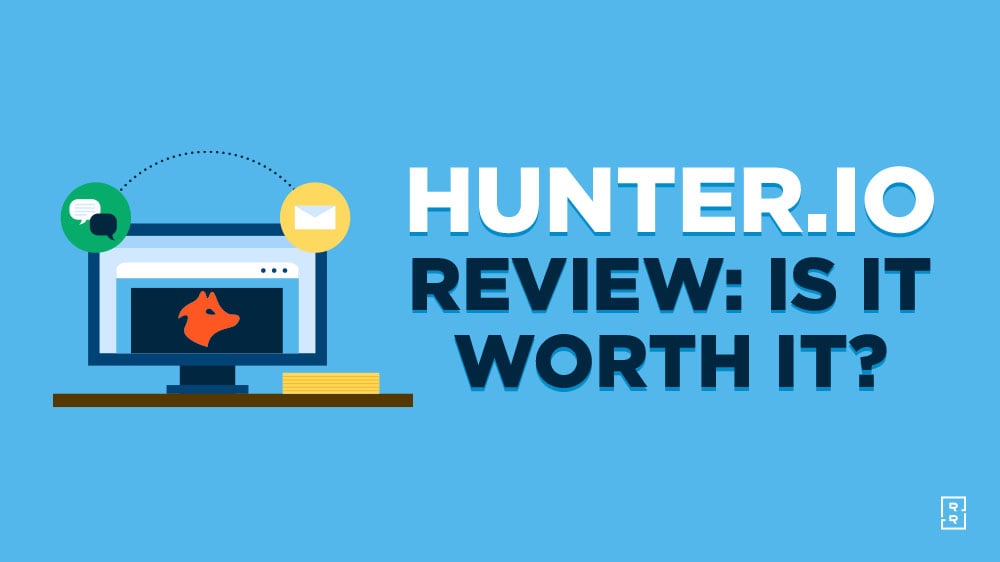Sometimes advanced intelligence emerges among those who are supposed to need intelligence. A survey earlier this year found that 59% of students in U.S. higher education routinely use generative artificial intelligence. Only about 40% of their instructors use it.
Teachers have taken note. Schools in the United States are actively deciding how to adapt the new technology. Possible applications range from creating personalized lesson plans for each student to helping find financial aid for college. In some classrooms it is used to increase critical thinking by showing students an inherent flaw in AI and then correcting it. That looks like creative problem solving.
According to a study by Rand Corp. By early 2024, a small but growing number (18%) of primary and secondary school teachers will regularly use AI to teach. Another 15% say they have used it once. Nearly 30% said they have policies in development regarding the use of AI, which is a good start.
It may be too early to assess whether AI-assisted education can deliver better educational outcomes and, if so, at what financial cost. But one thing is certain. Many schools are keen to take advantage of it to ensure that no student is left behind, especially disadvantaged students. The Rand study found that schools where teachers are most likely to use AI are primarily in white, affluent communities.
According to Rand, by the end of the 2023-2024 school year, 60% of school districts planned to train teachers in AI. The training includes determining guidelines for AI use and how to handle ethical issues, such as students using AI to generate content and submitting it as original work.
There will always be a need for human intelligence to provide nuanced, thoughtful interpretations of information. AI can’t do this – at least not yet. Yet teachers seem willing to follow students in adapting technology. Some decision makers think big. In August, Yale University announced it would invest $150 million in AI initiatives over the next five years. That’s worth mentioning. One of the world’s leading educational institutions realizes that AI is something not to shy away from, but to embrace.









